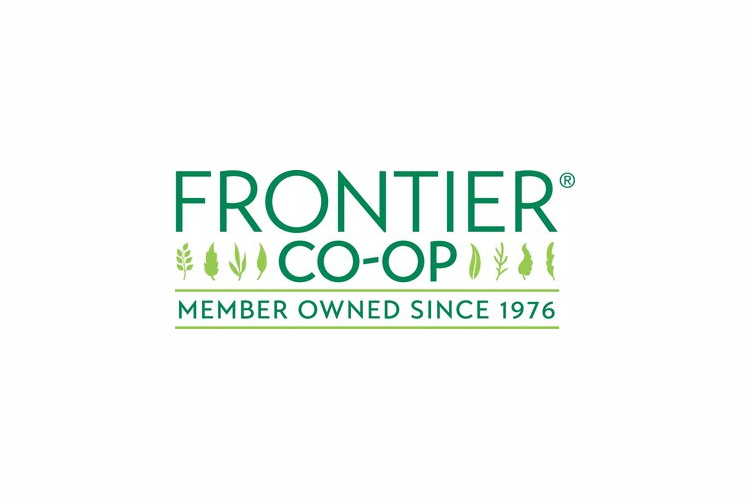September, 13, 2024

The Safe Processing in Cooperative Enterprises (SPICE) cooperative development project follows three farmer cooperatives in Sri Lanka, India and Guatemala
Frontier Co-op, a leading supplier of sustainably sourced and organic spices, herbs and botanicals, has completed its multi-year Safe Processing in Cooperative Enterprises (SPICE) cooperative development project supported by the United States Agency for International Development (USAID) Cooperative Development Program (CDP) to support smallholder farmers in rural communities and better understand the barriers they face against knowledge, infrastructure and environmental challenges.
The project launched in 2018 with the objective to enable small farmer associations to sell ready-to-eat spices and teas to U.S. markets by providing knowledge about new food safety regulations and supporting infrastructure development to allow for the processing of their crops.
Through this, Frontier Co-op partnered with cooperatives and collectives that are a part of its supply chain including Sri Lanka's Small Organic Farmers' Association (SOFA), FEDECOVERA in Guatemala and Young Mountain Tea (YMT) in India to ensure sustainable and socially responsible operations and strengthen the resilience of the farmers and their communities. Frontier Co-op has documented impactful stories from each region, with a compilation video found on its YouTube channel here.
Highlights from each of Frontier Co-op's USAID CDP projects include:
The SPICE development project is a manifestation of Frontier Co-op's longstanding commitment to organic agriculture, environmental stewardship and social fairness, and reinforcing the importance of supporting smallholder farmers. The spices and teas produced in Sri Lanka, India, and Guatemala also play a key role in Frontier Co-op's supply chain and line of responsibly sourced products.
"Frontier Co-op is committed to serving people and the planet, helping meet economic needs while also creating positive social and environmental impacts in communities around the world," said Tony Bedard, CEO at Frontier Co-op. "This partnership with USAID is an extension of our legacy in sourcing organic, sustainable and high-quality spices and a natural next step as we continue to center and support smallholder cooperative farmers around the world."
"The support from Frontier Co-op and USAID has been vital to launching the Kumaon Tea factory and expanding the pipeline of gender-diverse farmers to entrepreneurs," said Raj Vable, co-founder of Young Mountain Tea. "With women making up 90% of Kumaon Tea's farmers, they'll be able to earn five times normal commodity rates for their harvest and receive additional income through their collective ownership in the factory – a milestone we couldn't have accomplished without this partnership."
"Our longstanding partnership with Frontier Co-op has been instrumental to bringing better opportunities for Guatemalan small-scale growers in the spice sector," Gabriela Delgado, Marketing & Logistics Manager at FEDECOVERA. "This support has provided social, economic and agricultural benefits to our cooperative members and their families, providing pathways to economic empowerment for the 100,000 people in our community."
Frontier Co-op will continue to fund community- and business-building projects that will enable smallholder farmers' long-term resilience and participation in the regenerative supply chain.
Follow along as Frontier Co-op shares videos spotlighting the USAID CDP SPICE projects and the stories of each of the smallholder farmers impacted by the project on LinkedIn. To learn more about Frontier Co-op, visit www.frontiercoop.com.
Video Story